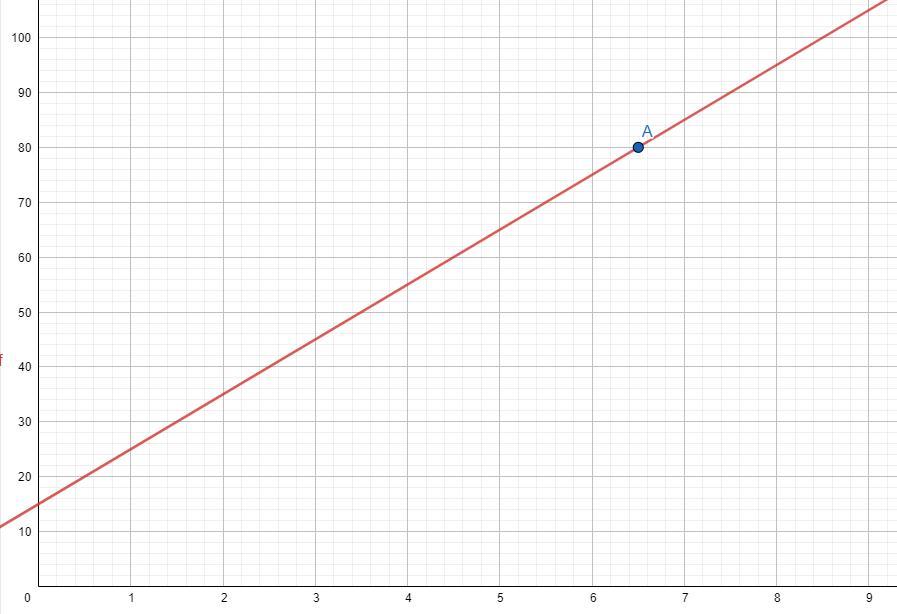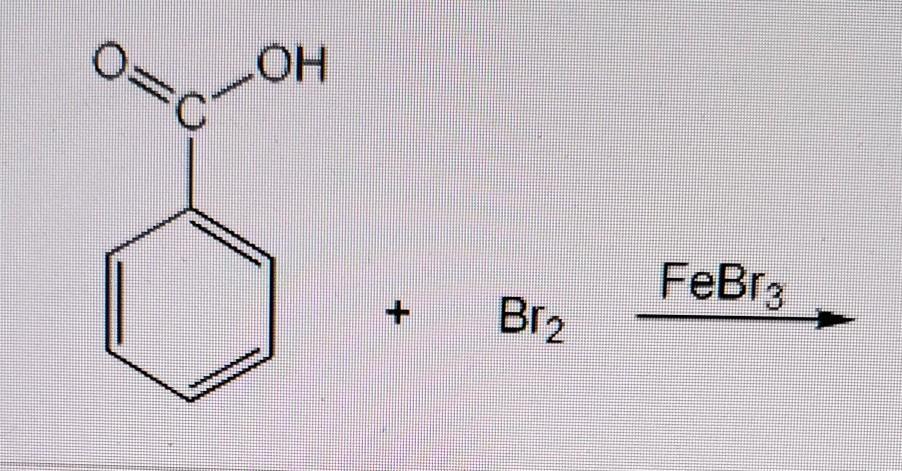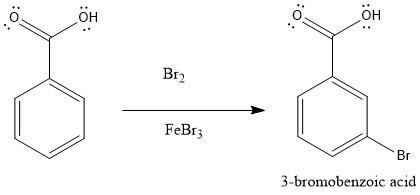A biochemist isolates and purifies various molecules needed for DNA replication. When she adds these molecules to DNA, replication occurs, but half of the DNA produced consists of a normal DNA strand paired with numerous segments of DNA a few hundred nucleotides long. What has she probably left out of the mixture
Answers 2
Answer:
DNA ligase
Explanation:
The biochemist must have left out DNA ligase enzyme.
The DNA ligase enzyme is able to catalyze the formation of phosphodiester bonds and as such, capable of joining strands of DNA together to form a single strand.
The numerous DNA segments of a few nucleotides long observed by the biochemist must have been the replicated product of the lagging DNA strand. The lagging strand is replicated discontinuously in short strands because the DNA polymerase enzyme can only elongate primers in 5' to 3' direction. The short segments are known as Okazaki segments and are usually joined together to form a whole strand by the DNA ligase enzyme.
Hence, the missing component is the DNA ligase.
-
Author:
budmills
-
Rate an answer:
4
AI generated Answer
-
Rate an answer:
0
Do you know an answer? Add it here!
Unable to find an answer to your question?
Don't worry! There are several alternative approaches you can try to resolve your query. Here are some tips to help you find answers in different ways:
- Reframe your question: Sometimes, the way you phrase your question can limit your search results. Try rephrasing it using different keywords or providing more context to get better results.
- Utilize social media: Post your question on social media platforms, particularly those focused on professional or specialized topics. Twitter, LinkedIn, and Facebook groups can connect you with individuals who may have relevant expertise or experiences to share.
- Consult subject matter experts: Reach out to experts in the field related to your question. Many professionals are willing to help and share their knowledge. You can connect with them through email, LinkedIn messages, or by attending relevant conferences or events.
- Use our website to find your question through the search box above, or you can sign up to ask your question for our big educational community. Our experts will review your question, and you will get a quick and quality answer.
- Collaborate with others: If your question is related to a specific project or problem, consider collaborating with others who might have complementary skills or knowledge. Teamwork can lead to innovative solutions and shared insights.
Remember, the process of finding answers often involves persistence, creativity, and an open mind. By exploring various resources, reaching out to others, and being proactive in your search, you increase your chances of finding the information you need. Happy quest for knowledge!



